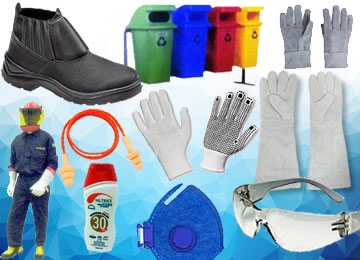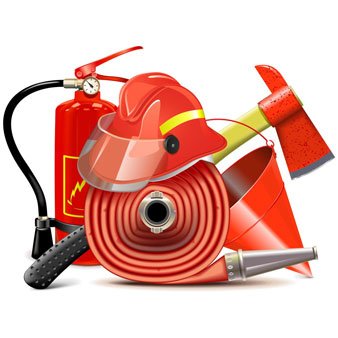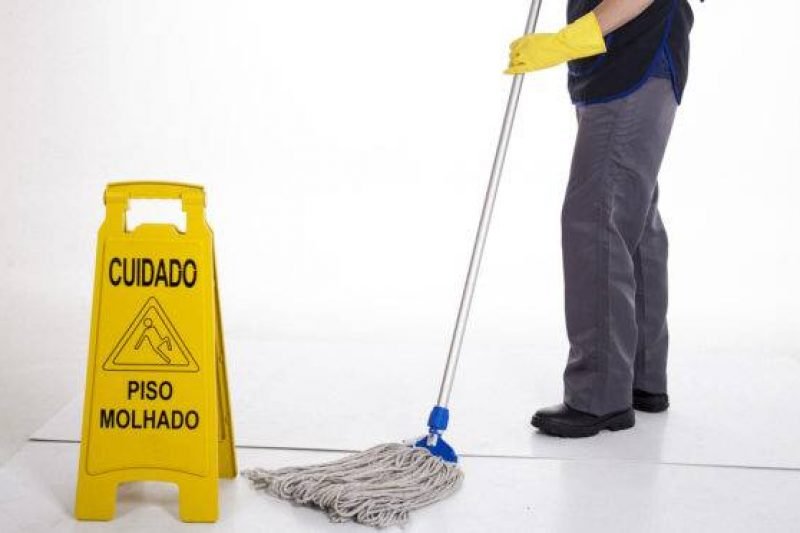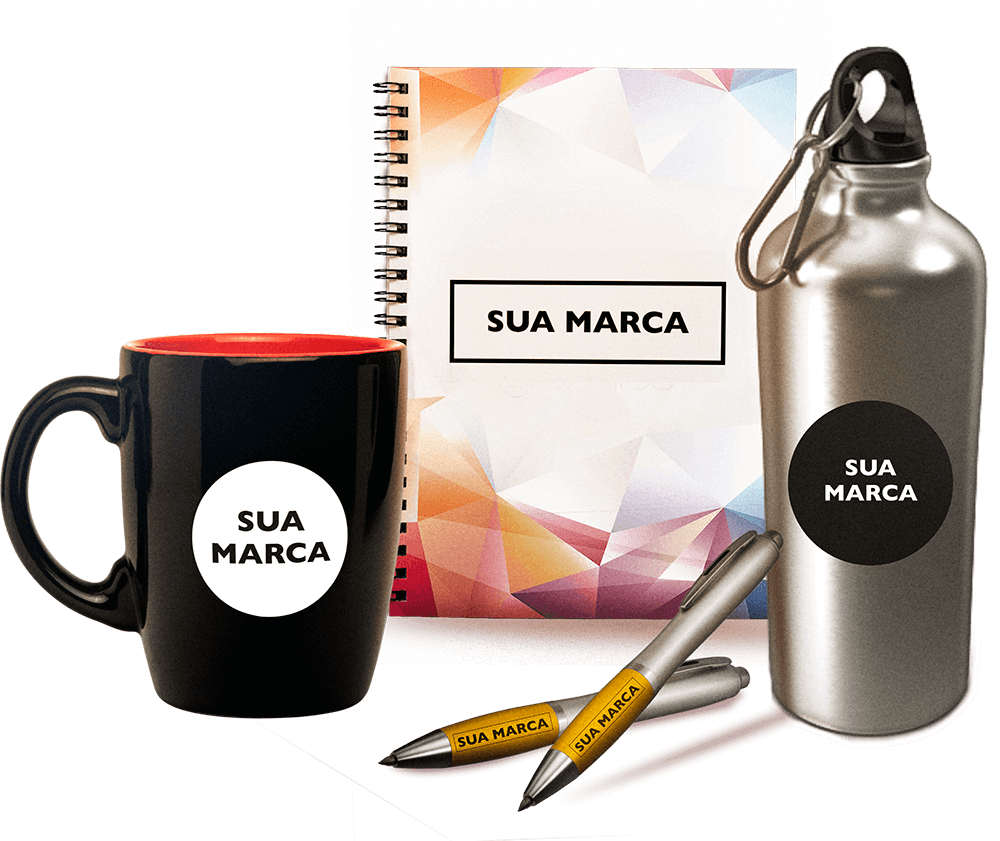Infinite Recovery has strict sourcing guidelines and relies on peer-reviewed studies, academic research institutions, and medical associations for what helps curb alcohol cravings our references. You can learn more about how we source our references by reading our editorial guidelines and medical review policy. With the right tools and support system, you can achieve lasting sobriety and live a fulfilling life. Understanding cravings is the first step to managing them.
Best Tips on How To Avoid Alcohol Cravings
- Dark chocolate, rich in antioxidants and magnesium, can satisfy sweet cravings that sometimes masquerade as alcohol cravings.
- We should carry on with the changes that support our ability to stave off cravings and adjust the ones that don’t.
- Continue to practice strategies that work for you, and if you need some assistance, it never hurts to ask for support.
If there was a time when one drink led to trouble, remember what happened. Then, remind yourself of all the reasons you want to stay sober and prevent relapse. Self-talk and affirmations are powerful cognitive tools in the journey of overcoming alcohol cravings.
How to Prevent Alcohol Relapse
On the other hand, substitution techniques involve replacing the craving or addictive behavior with a healthier alternative. For instance, sipping on a flavored water when you feel an alcohol craving, or joining a yoga class in your usual happy hour slot. Substitution strategies aim to rewire habitual patterns and ultimately, reduce dependency on alcohol. Several studies indicate that these practices not only increase self-control over response to cravings, but can also reshape the neural pathways in the brain. Repeated practice of mindfulness and meditation can change how the brain responds to cravings, improving chances of recovery.
Holistic Therapy in Drug Rehab
Cravings can also be triggered by situations and emotions. For example, you may crave alcohol when you’re in a certain bar that you used to drink in, when you’re at a party, or when you’re on holiday. Equally, internal triggers such as stress or traumatic memories can also lead you to crave alcohol.
More Articles About Drinking Less
Remember, help is always at hand, and there are other options rather than attempting to do it alone. As previously mentioned, alcohol is an extremely addictive substance and is very hard to quit once you develop tolerance and dependence. Cravings can be extremely strong and may cause you to feel restless with little concentration or purpose.
Ways to Manage Cravings for Alcohol and Drugs
Alcohol cravings usually result from having drank it frequently, quitting, and then haven’t had one in a while. Moreover, you may feel such a craving when stressed, but it isn’t always related to pregnancy cravings. People who drink alcohol should drink at least one drink a day or drink alcohol 3 or 4 times a week. You should limit your everyday alcohol intake to two drinks at most. Instead, Twelve-step program look for other options, especially iron-rich beverages.
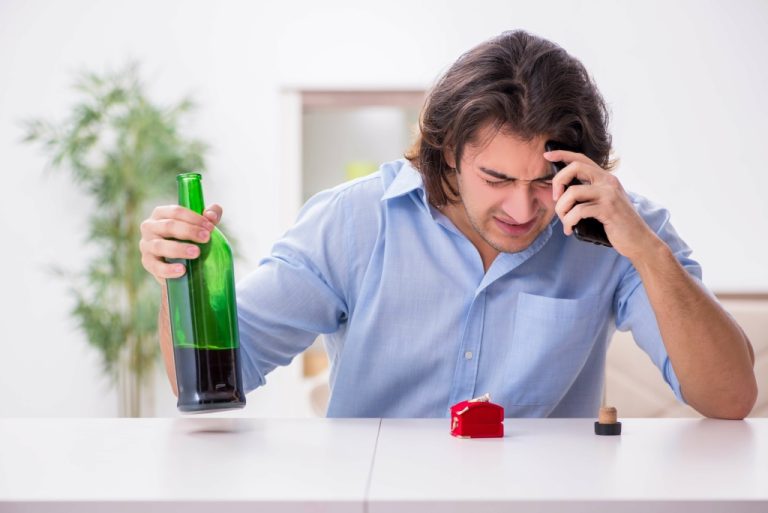
General Health
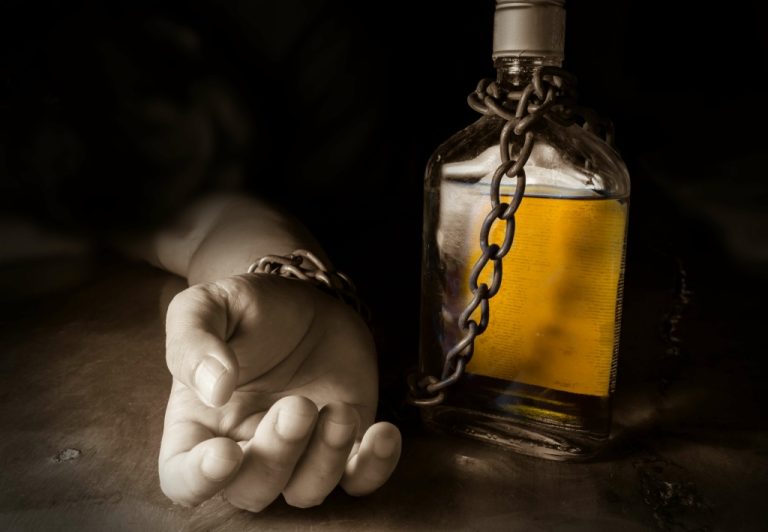
Regardless of whether your sobriety date is last week or last year, if you’re in recovery, you’re very likely to experience a strong urge to use or drink at some point. Although strong cravings can potentially lead to relapse, when you handle them properly, you will overcome those urges – and they will leave you stronger in the long run. These changes that occur in the brain are long-lasting, which means a person with alcoholism cannot return to social or moderate drinking. The good news is that alcoholism can be effectively treated and recovery maintained. However, a large part of remaining abstinent from alcohol is learning effective ways to manage and overcome cravings for alcohol.
- Learning to manage stress and difficult emotions – alcohol is often used to cope with stress or difficult emotions, so it’s important to learn alternative coping strategies.
- Cravings for alcohol can encompass a wide range of sensations, both psychological and physical.
- When you feel a craving coming, instead of running away or hyperventilating, surf the urge.
- Some people may feel like they’re experiencing withdrawal symptoms, such as shaking or sweating.
Why Do Alcohol Cravings Happen?
In addition, some new, non-addictive medications can reduce the desire to drink or lessen the rewarding effect of drinking so it is easier to stop. If you’ve ever tried to quit or cut back on alcohol, you’re probably familiar with that sharp, nagging urge that seems to come out of nowhere. And for many people in recovery, alcohol cravings can feel like the hardest part of sobriety. They can sneak in when you’re tired, stressed, celebrating, or even just bored. One minute you’re fine, and the next, you’re fighting the strongest impulse to reach for a drink. Avoiding things that trigger alcohol cravings can be a helpful strategy early on in your efforts to change your drinking and manage your urges.
How to manage alcohol cravings
From the clothes we wear based on our mood, to the comfort food we reach for after a tough day, our feelings often steer the ship. The relationship between emotions and alcohol is no different. At our outpatient alcohol rehab in San Diego, you’ll gain empowerment over your https://emobility-automotive5.kweb.me/how-alcohol-affects-your-body-2/ desire to drink.

